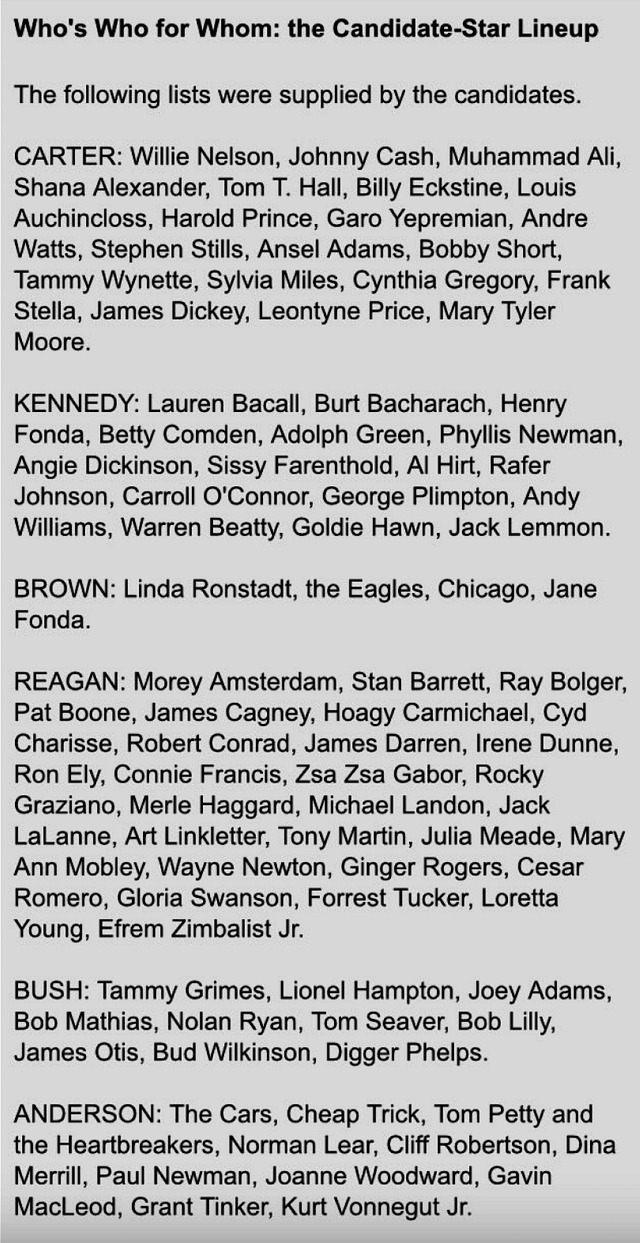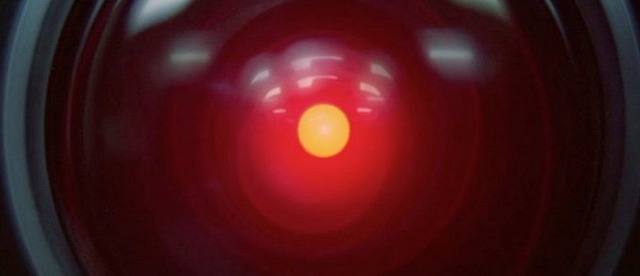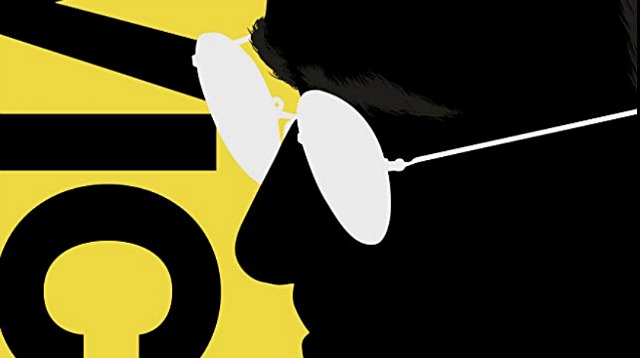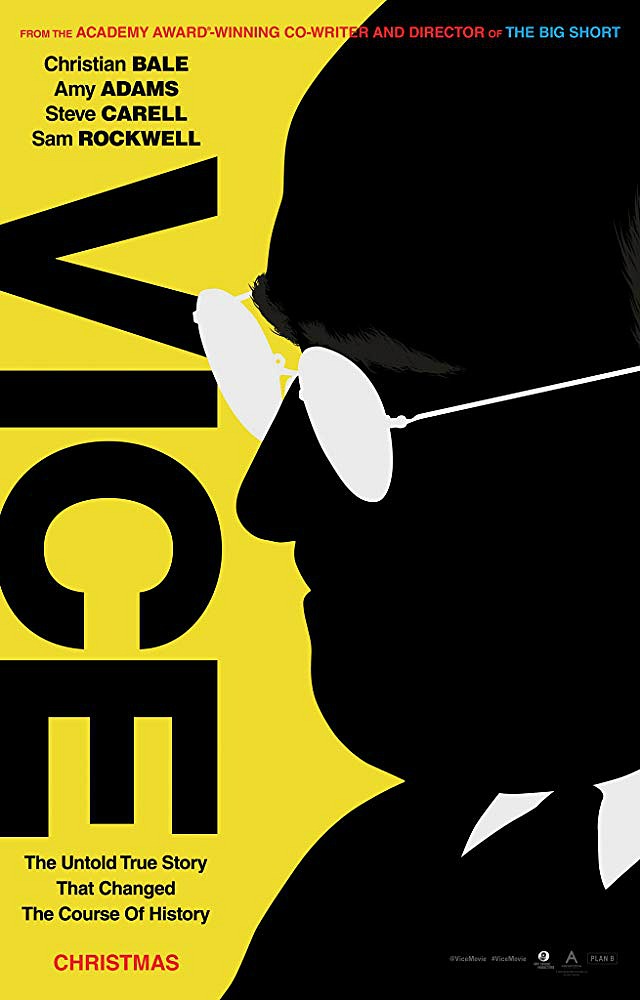Everyone understands that in order to be nominated for an Oscar you can’t just be deserving — you also need a compelling narrative. A narrative is either a tidy summary about the career history of this or that contender (i.e., Glenn Close is beyond overdue, having been Best Actress-nominated six times without a win) or a concise explanation about why this or that film is a deserving Best Picture contender at this juncture in the zeitgeist.
I’m not claiming knowledge of each and every narrative out there, and there are too many categories to lay it all down in a single article. So for openers here’s a summary of the Best Picture narratives — a rundown of the loglines that seem to make sense as we speak — the actor narratives will follow tomorrow:
1. A Star Is Born — Bradley Cooper delivers and then some, best version of this oft-told tale, Academy needs to get behind this hugely popular film or risk seeming out of touch with Joe and Jane Popcorn;
2. Green Book — Most beloved Best Picture contender, expert craft meets pure feel-good, three great performances, forgive contrite Viggo Mortensen for a single verbal slip, Peter Farrelly catapults out of comedy realm;
3. Roma — Cuaron is an Art God, cinematic monochrome splendor of the highest order, women (especially a saintly maid) holding a family together, Netflix wants in so badly they’re abandoning their basic strategy by booking theatres;
4. First Man — Damien Chazelle switches gears again, makes intimate art film on a large scale, avoids Ron Howard-ish template;
5. Black Panther — Probably the only 2018 Best Picture contender that historians will be readily discussing 50 years from now, obviously an historical groundbreaker, the greatest African-American mythology film ever made, and the most socially and emotionally resonant Marvel film ever released;
6. Can you Ever Forgive Me? — I loved it but I can’t think of a narrative. “Melissa McCarthy gives her greatest performance” is a Best Actress narrative;
7. The Favourite — Yorgos Lanthimos goes commercial and delivers the best Barry Lyndon-ish film since Barry Lyndon;
8. First Reformed — Easily the most moralistic film of the Best Picture contenders, the greatest directorial comeback in years, Paul Schrader‘s best since Hardcore;
9. If Beale Street Could Talk — I can’t think of a catchy narrative — prettiest, gentlest Wong Kar Wai film in years?;
10. Vice — Nobody’s seen it, no narrative.









